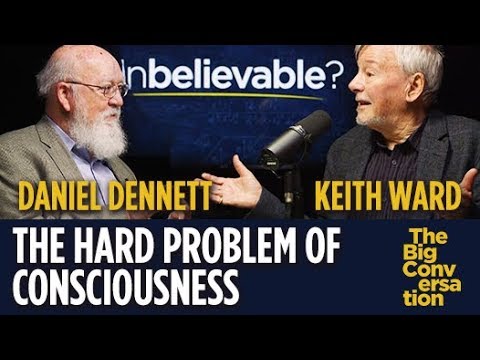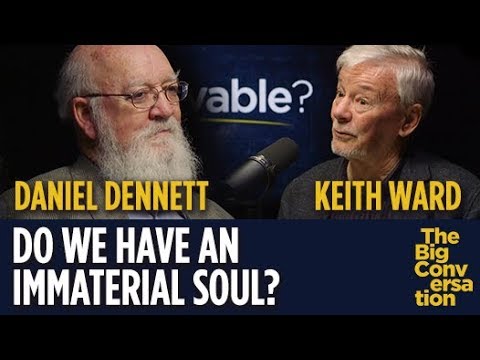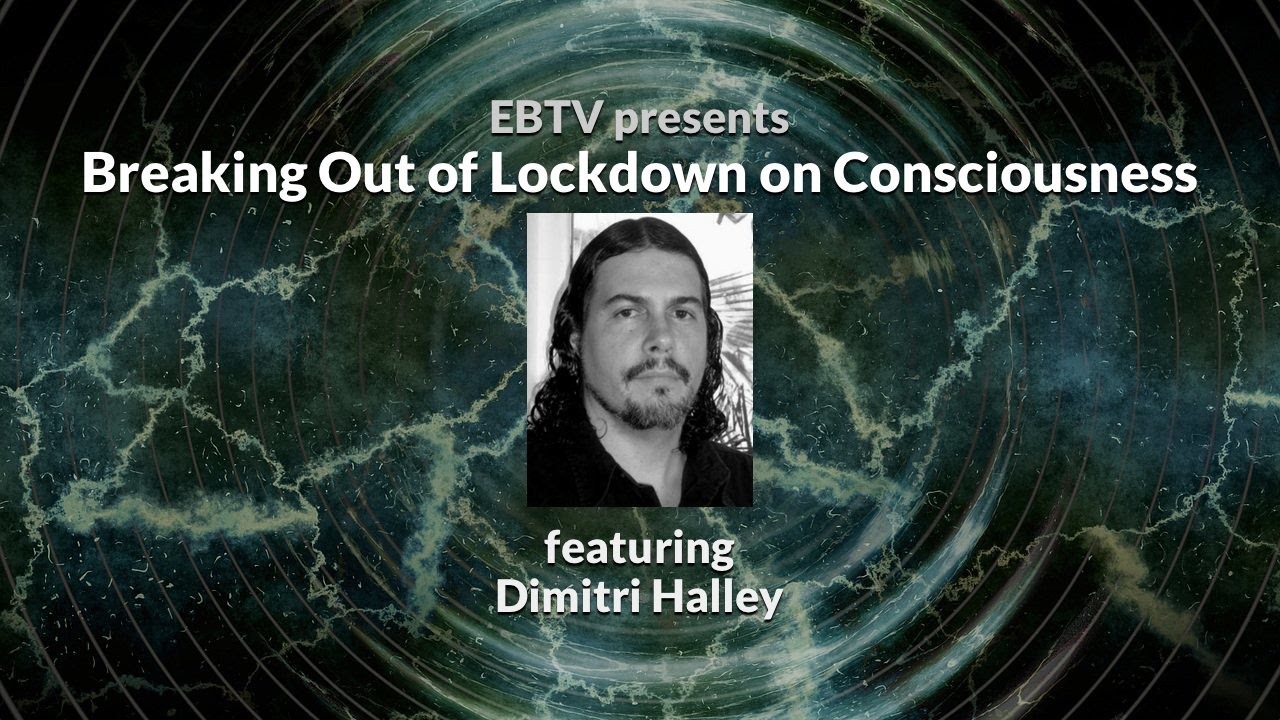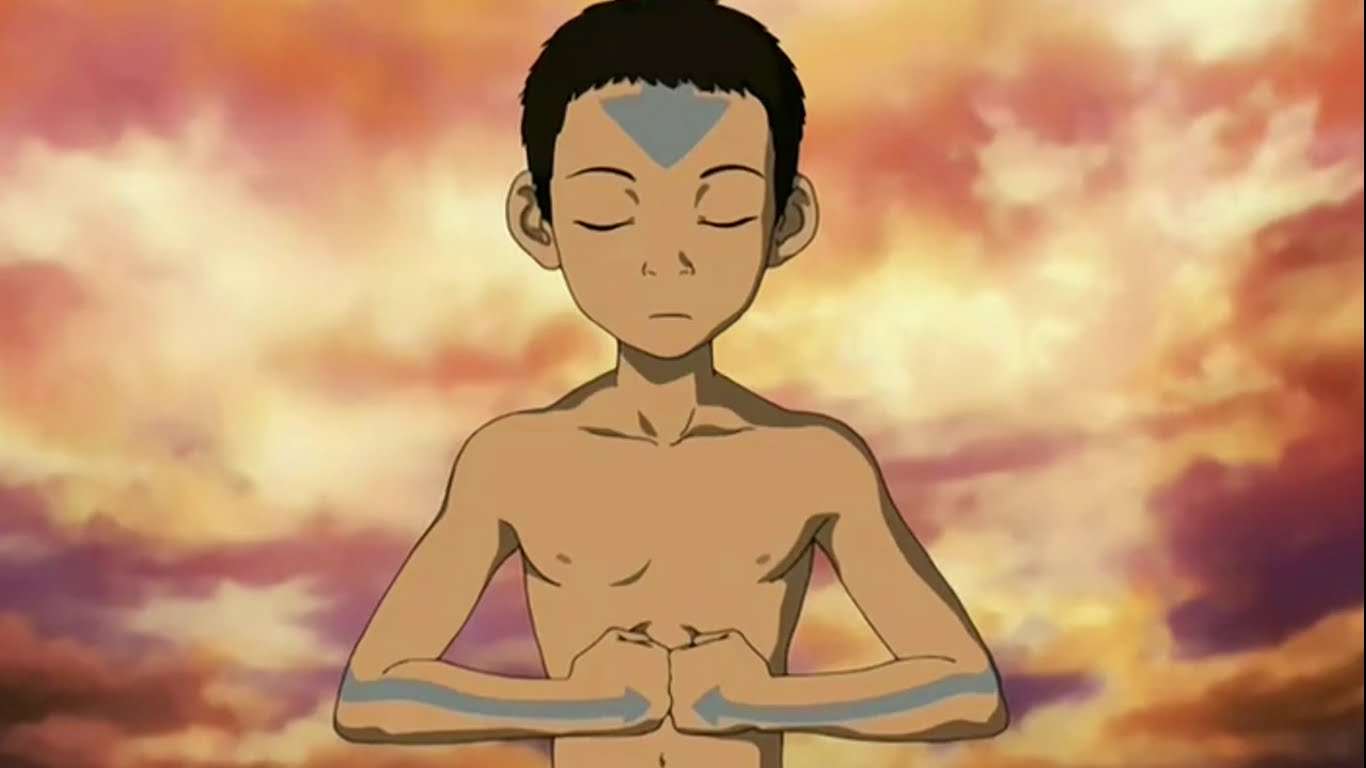Unbelievable?
FULL DEBATE https://youtu.be/mongL_2KMGg
For more debates, updates and bonus content sign up at https://www.thebigconversation.show/
High profile atheist philosopher Daniel C Dennett goes head to head with Christian theologian Keith Ward in this extract from their debate on mind, consciousness and freewill.
In this excerpt Keith Ward challenges Daniel Dennett on the problem of consciousness.
The Big Conversation is a unique video series from Unbelievable? featuring world-class thinkers across the Christian and atheist community. Exploring science, faith, philosophy and what it means to be human.
Listen to more sparkling conversations every week via the Unbelievable? podcast http://www.premierchristianradio.com/…
The Big Conversation series:
Jordan Peterson & Susan Blackmore https://youtu.be/syP-OtdCIho
Steven Pinker & Nick Spencer https://youtu.be/Ssf5XN5o9q4
Derren Brown & Rev Richard Coles https://youtu.be/IxMLwQToAKo
John Lennox & Michael Ruse https://youtu.be/yrnXdzQRISM
Daniel Dennett & Keith Ward https://youtu.be/mongL_2KMGg
Peter Singer & Andy Bannister – https://youtu.be/JiM8ul3oRxE
The Big Conversation is produced by Premier in partnership with the Templeton Religion Trust
Videos, updates, exclusive content https://www.thebigconversation.show/
Source




So consciousness is to thought of as something ineffible (which really annoys materialist science) and particular to the 'individual' (and what's 'an individual' in 'scientific' terms anyway – what's its unit of capacity, for example) experiencing it – necessarily subjectively? As I understand it, science seeks to account for it in term of 'emergence' or 'epi-phenomena'. Nice words but these are simply expressions of ignorance. Can science make definitive breakthrough statements here? Maybe?. Where does that leave us? Skepticism let Descartes to invent idealism – effectively putting physciality into a secondary role. Science works with the physical. It is the poor-relation of philosophy. It cannot be our basis of belief.
On the left we have Socrates Reincarnate.
So, even if Dennett couldn't answer the problem of hard consciousness….whatever that means. What in the world makes you think you guys could? WTH, Justin….you're better than this.
So Daniel Dennett answered by saying there is no hard problem of consciousness. Forgive me, but this seems rather evasive.
Did they say something relevant about this problem?
Dennet is claiming that there is no such thing as Consciousness. So in response to that Anthony Peake wants to know who wrote Dennet's books?
The title strongly suggests that you still haven't grasped the argument from ignorance fallacy.
Man, JP Moreland would have been such a great guest to discuss this issue with Dennett.
Keith Ward: "Whatever is going on in my brain to produce 'me' enjoying music, that doesn't explain my enjoyment of the music"
Err… yeah it does!
«This is just vitalism reborn»
<3
A program that can simulate consciousness with enough detail to defy even the theoretical possibility of detection would be doing everything that a conscious brain does, therefore on what basis can we say it's not conscious?
want to watch joe rogan and Firas Zahabi about consciousness before khabibs time.
Zombie robot ants ?
I always wonder why people ''decide'' that vitalism is dead as if we now know everything about life now.
That's either ignorance or lie, we are far from understanding how life ''completely'' works, we are currently very far from that.
No one has the right or the knowledge to confirm or reject vitalism, yet.
No, Dennett cannot answer the hard problem of consciousness.
His best bet is to dissolve the problem by eliminating consciousness. Though this would dissolve the hard problem, this leads to a self-refuting worldview: we would have to believe that we have no beliefs, we would have to think that we have no thoughts.
Why does it seem to me that Denett massively misunderstands the hard problem? He just goes on about there not being a distinction between conscious and unconscious in a similar way to which there's an unclear line between living and non-living/zombie, but for me the CORE of the hard problem is the explanation of qualia, the qualitative undescribable aspects of an experience, which are undeniably there. Can someone please clarify, maybe I'm the confused one.
The consciousness of the gaps
As our understanding of neuroscience (the 'easy problems') increases the less compelling the hard problem will be.